Guide to Getting a $500K Small Business Loan
Lets Get Started
For small business owners looking to scale, acquiring a $500K loan can be a pivotal step. This guide provides a comprehensive overview of the process, requirements, and benefits of securing a substantial small business loan. Note, this article is not geared towards obtaining startup funding, rather we will explore various loan programs – short-term loans, business lines of credit, and merchant cash advances for businesses that have at least 3-4 months of business bank statements.
Assessing Loan Amount and Eligibility
What You Can Realistically Get: The amount you can obtain depends on factors like annual revenue, creditworthiness, and business needs. Generally, lenders, including SBA (Small Business Administration) and online lenders, evaluate your business credit score, financial statements, and track record to determine the loan amount.
SBA Loan Maximums: The typical maximum amount the SBA will loan varies, but it often reaches up to $5 million for certain programs, making a $500K loan a feasible target for many small business owners.
Types of Loans and Financing Options
Bank Loans: Traditional yet reliable, bank loans offer structured financing with fixed repayment terms and interest rates. They are suitable for businesses with good credit histories and those requiring large sums for long-term investments. However, they often come with stringent eligibility criteria and a longer application process, making them less accessible to new or financially unstable businesses.
Business Line of Credit: Offering flexibility and accessibility, a business line of credit works similarly to a credit card, allowing businesses to borrow up to a certain limit and pay interest only on the amount used. Ideal for managing short-term cash flow needs or unexpected expenses, this type of financing is a valuable tool for businesses seeking immediate, flexible funds without the commitment of a full loan.
Merchant Cash Advances: Preferred over bank loans, merchant cash advances provide a lump sum against future sales revenue. They are easier to qualify for, especially for types of businesses with a strong sales record but perhaps a less-than-stellar credit history. You should note, MCAs are not loans and utilize factor rates rather than interest rates.
Equipment Loans, Invoice Financing, and More: Other types of financing include equipment loans, which are perfect for businesses needing machinery or tech, and invoice financing, ideal for managing cash flow and working capital.
The Loan Application Process
Preparing the Essentials: Application requirements typically include a detailed business plan, bank statements, tax returns, and a personal guarantee. The process involves underwriting and, sometimes, origination fees. However, for an MCA, you can skip most of the above. Generally, approval is easy with just 3-4 months of business bank statements and you can be approved in just as couple of hours.
Credit Score and Financial Health: A minimum credit score is often required, although merchant cash advances can be more flexible going down to the sub-500 credit scores. Your balance sheet, accounts receivable, and overall financial health are scrutinized.
I Have Bad Credit, What are My Options?
Unlike term loans or lines of credit, merchant cash advances offer more flexible repayment terms*, often linked to your daily or weekly sales, making them a suitable choice for businesses with fluctuating cash flow. What’s more, MCA providers often are far more flexible in working with entrepreneurs with less than perfect credit helping them with qualifying, unlike most financial institutions.
Plus, with 3-4 months of business bank account statements you can be approved and there are no upfront down payments required.
Loan Costs and Repayment
Understanding Interest Rates and Fees
Rates and Terms: Interest rates and repayment terms can vary significantly. While traditional lenders like banks and credit unions might offer lower interest rates, their stringent eligibility criteria and longer application processes can be a hurdle.
Merchant Cash Advance Costs: The cost is usually a factor of the advance amount and your sales volume.
Calculating Monthly Payments and Total Cost
Repayment Plans: For term loans, monthly payments are fixed, while merchant cash advances adapt to your sales, providing flexibility but potentially higher overall costs.
Managing Business Debt
Balancing Loan and Revenue: It’s crucial to balance the loan amount with your projected revenue. Overborrowing can lead to financial strain, while underborrowing might hamper growth.
The Benefits of a Small Business Loan
Access to Working Capital
Fueling Growth: A $500K loan can significantly boost your working capital, allowing for expansion, new hires, or investment in marketing and product development.
Building Credit and Track Record
Improving Credit Score: Timely repayment of a business loan can enhance your business credit score, opening doors to more favorable financing options in the future.
Conclusion
Securing a $500K loan as a small business owner is a strategic decision that requires careful consideration of your business needs, repayment ability, and the type of loan that best suits your situation. Merchant cash advances offer a flexible alternative to business loans, especially for businesses with strong sales but less conventional credit profiles. With the right approach and a solid understanding of the financial implications, a $500K loan can be a powerful tool for growing your business.
*Repayment in this context describes the process of repurchasing a merchant cash advance. It does not describe the process of repaying a loan. MCAs are legally distinct from loan products.





